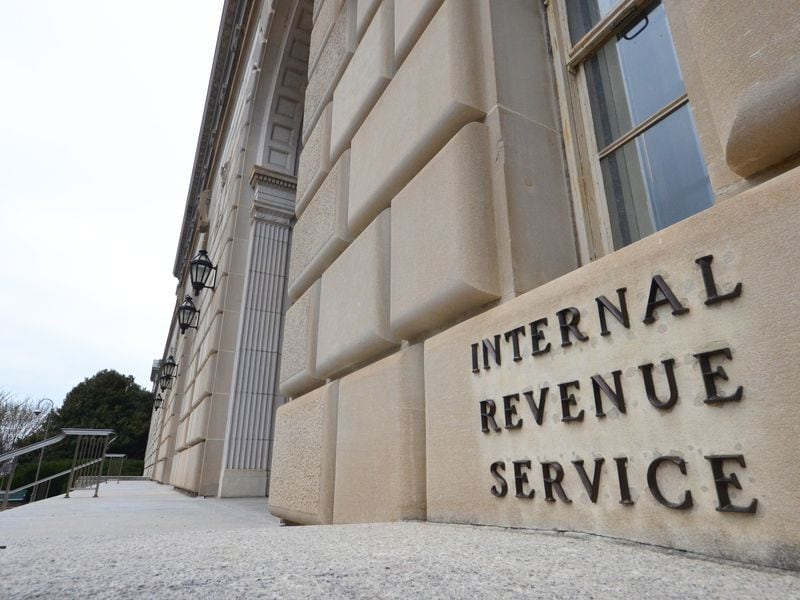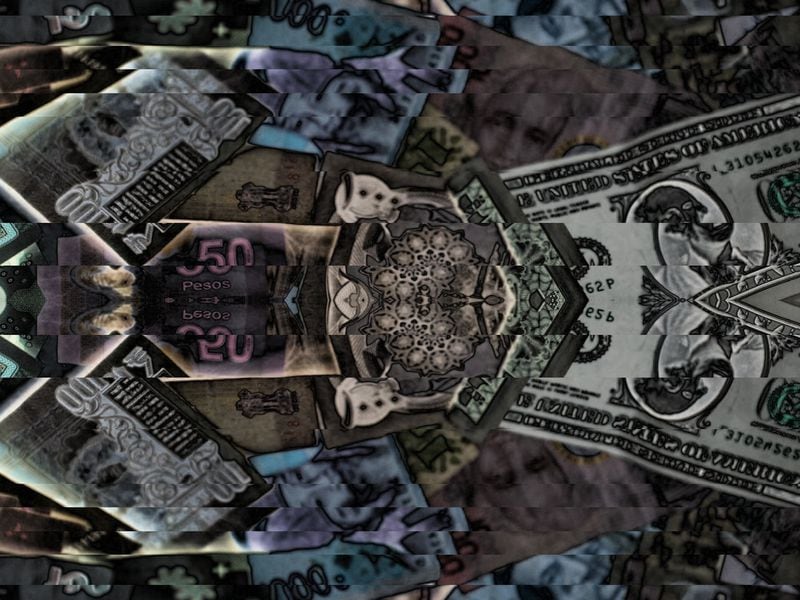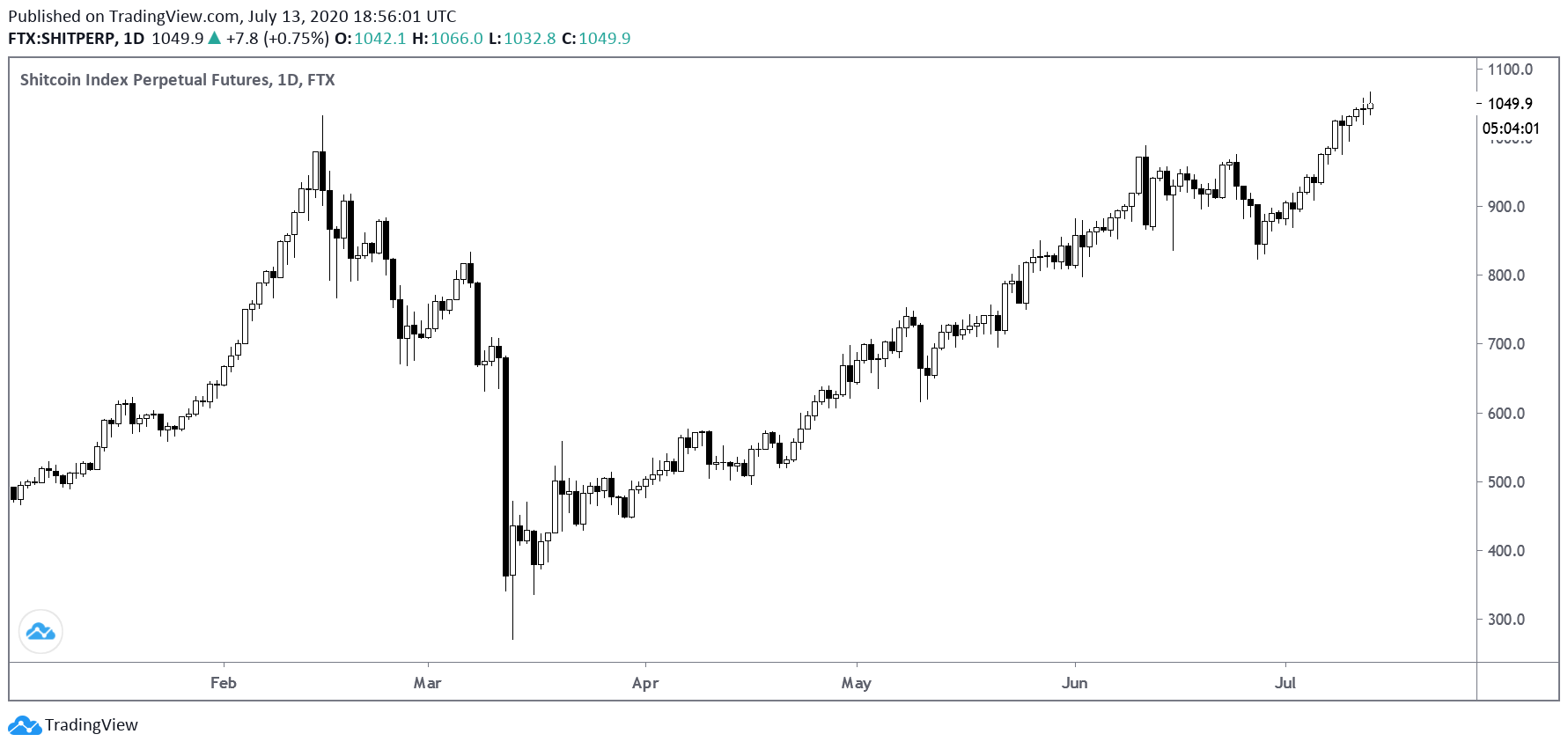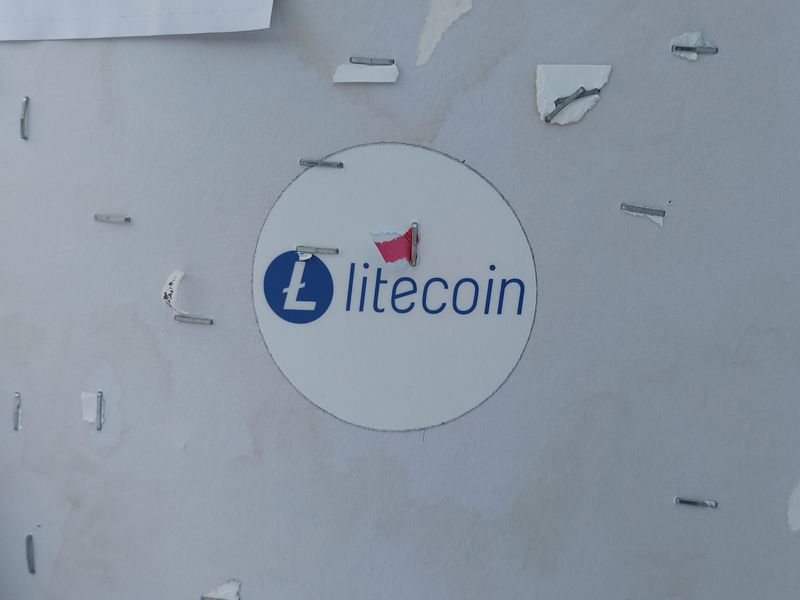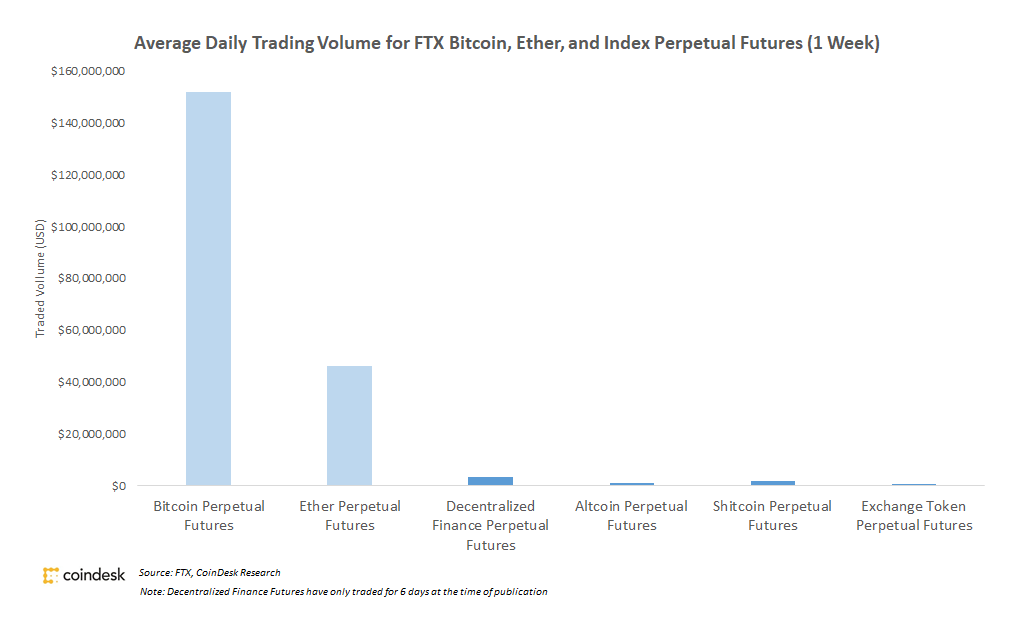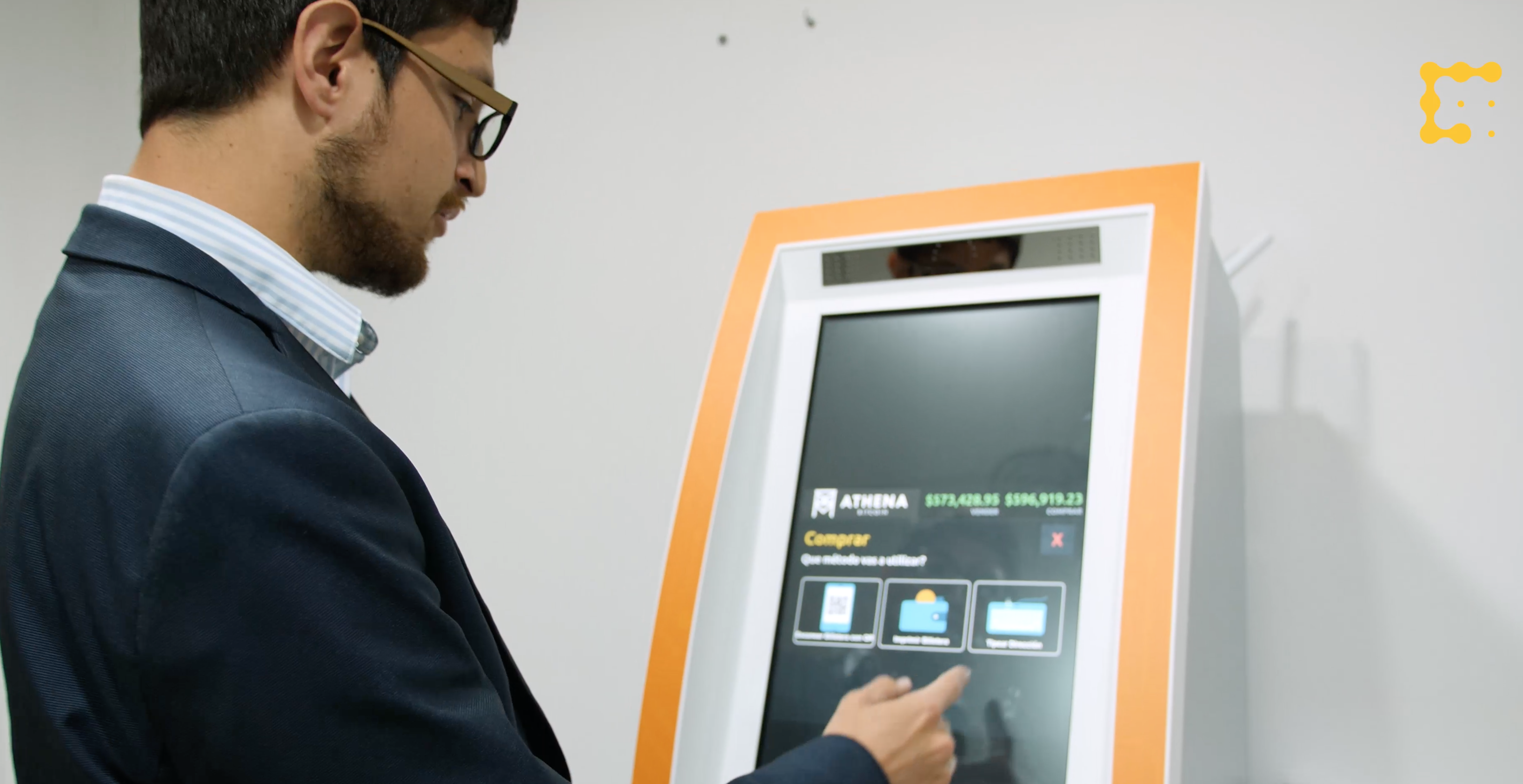Here’s Why GTA VI Probably Won’t Have a Crypto Component
/arc-photo-coindesk/arc2-prod/public/LXF2COBSKBCNHNRE3WTK2BZ7GE.png)
Gamers are eagerly awaiting the next chapter of the massively successful Grand Theft Auto (GTA), and its developer, Rockstar Games, recently confirmed that a trailer for GTA VI will be arriving in December.
But a question on some people’s minds is: will it have an in-game cryptocurrency?
In the decade since the last GTA game, crypto gaming, or GameFi, has launched, and major game studios have tried to incorporate it into their titles with mixed success.
While video game marketplace Steam has banned crypto from its game store, its rival Epic Games doubled down on the effort. Epic Games has welcomed crypto with open arms. However, the games store isn’t profitable, and gamers have been skeptical about Epic’s pivot-to-crypto in its store.
Business interest in crypto has also spread to the GTA franchise, with rumors that GTA VI will include some crypto element.
This comes as Ubisoft and Immutable announce that they are building “a new gaming experience that will further unlock the potential of Web3.” Details are scant at this time, but this would mark the second foray for Ubisoft into the world of crypto gaming — the first being an NFT companion experiment to 2021’s free-to-play Ghost Recon: Breakpoint.
Setting aside the issue of if gamers are interested in crypto, some serious legal questions arise from this. Rockstar is a multi-billion dollar game developer with a massive presence in the U.S., and it would be a high-profile target for the Securities and Exchange Commission (SEC) this would be it.
“My preliminary view aligns with the notion that there’s a legal grey area, substantial enough for a powerhouse like Rockstar Games to hesitate before integrating any sort of virtual currency within their games or issuing one of their own,” Florida-based digital assets attorney John Montague, told CoinDesk.
“Their hesitation, I believe, likely stems from a fear of possible issuer liability, especially given the aggressive stance the SEC has taken in recent times—underscored by the ongoing situation with Coinbase,” he continued. “I understand their desire to be conservative, and the risk/reward for their shareholders may just not be there.”
But Montague says there might be a catch. The SEC has already addressed many of the questions surrounding GameFi in a no-action letter directed towards the crypto gaming project Pocket Full of Quarters – the only no-action letter available on the subject.
In the no-action letter, the SEC indicates that fixed-priced in-game tokens are not securities because they are used for game utility rather than investment; Montague explained a view that, while not definitive, is a key factor in current regulatory considerations.
However, the relevance of price fixing in the evolving decentralized finance (DeFi) and cryptocurrency space may be questionable and potentially burdensome for developers. DeFi is a term for financial activities carried out on the blockchain without financial intermediaries.
“Given the evolution of DeFi and the free-floating nature of cryptocurrency, I do not think the price fixing is a particularly relevant factor and really just results in additional development costs, API, and oracle costs for game developers integrating tokeneconomic structures,” he said.
Montague argues that there’s no actual investment happening, which fails to meet the first requirement of the Howey test.
“Nevertheless, there still remains much regulatory ambiguity that is preventing game developers from entering into the space, which I think is a very sensible approach until regulatory clarity is achieved,” he said.
Rockstar Games did not immediately respond to CoinDesk’s request for comment.
The rules around GameFi are clearer in Asia
While Rockstar is a U.S. company, its Grand Theft Auto franchise is a worldwide sensation, and it needs to be cognizant of rules worldwide. Rockstar is no stranger to this, as it has had to censor parts of GTA V for release in certain countries to comply with their laws around entertainment and extreme content.
GameFi isn’t a new concept in some parts of Asia; variations of it, minus the blockchain component, have been tried decades ago.
South Korea’s Gaming Industry Promotion Act, specifically Article 32, prohibits game currencies from being cashed out, a law that has been used to block the distribution of play-to-earn games like Axie Infinity, as they are equated to gambling by the government, CoinDesk previously reported, while in Japan, certain in-game actions of such games might be deemed illegal gambling.
China has the most stringent restrictions, banning any gaming elements exchangeable for yuan and crypto trading, thereby eliminating the possibility of GameFi in the country. However, it’s unclear if GTA VI will even be allowed to be released there.
Regardless of the regulatory uncertainty around the world surrounding GameFi, Montague hopes it will one day be center stage in AAA games.
“I think GameFi is awesome and will eventually integrated into many titles in the future,” he said.
Edited by Parikshit Mishra.



